Home>Gardening & Outdoor>Landscaping Ideas>How To Keep Weeds Out Of Bermuda Grass
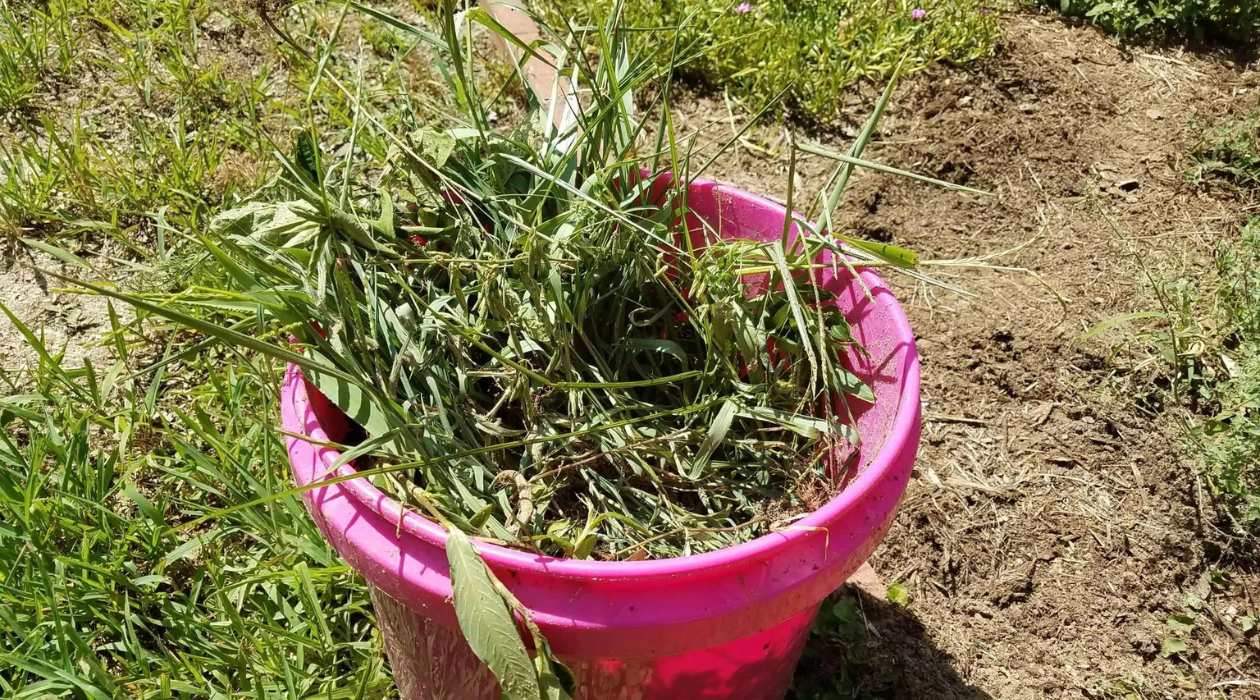

Landscaping Ideas
How To Keep Weeds Out Of Bermuda Grass
Modified: March 26, 2024
Learn effective landscaping ideas to keep weeds out of Bermuda grass. Discover expert tips and techniques for maintaining a weed-free lawn. Ideal for homeowners and garden enthusiasts.
(Many of the links in this article redirect to a specific reviewed product. Your purchase of these products through affiliate links helps to generate commission for Storables.com, at no extra cost. Learn more)
Introduction
Maintaining a lush, vibrant Bermuda grass lawn is a source of pride for many homeowners. The rich green hue and soft texture of Bermuda grass create a welcoming and picturesque landscape. However, the presence of unsightly weeds can quickly diminish the beauty of this prized turf. Weeds not only detract from the visual appeal of the lawn but also compete with Bermuda grass for essential nutrients, water, and sunlight. As a result, it's crucial to implement effective strategies to keep weeds at bay and preserve the health and beauty of your Bermuda grass.
In this comprehensive guide, we will delve into the nuances of managing weeds in Bermuda grass. From understanding the unique characteristics of Bermuda grass to identifying common weeds that infiltrate this turf, we will explore the intricacies of weed management. Furthermore, we will discuss proactive measures to prevent weed infestations and practical techniques for removing existing weeds. By the end of this guide, you will be equipped with the knowledge and insights to maintain a weed-free Bermuda grass lawn that exudes natural splendor and vitality.
Let's embark on this journey to safeguard the allure of your Bermuda grass and cultivate a thriving, weed-resistant landscape.
Key Takeaways:
- To keep Bermuda grass weed-free, maintain proper care practices, optimize soil health, and apply pre-emergent herbicides. Vigilant monitoring and targeted interventions are crucial for preserving the lush beauty of the lawn.
- Removing weeds from Bermuda grass requires hand pulling, spot treatments with herbicides, and vigilant maintenance. By nurturing Bermuda grass and actively addressing weed infestations, homeowners can cultivate a vibrant and enduring landscape.
Read more: How To Keep Weeds Out Of A Brick Patio
Understanding Bermuda Grass
Bermuda grass, scientifically known as Cynodon dactylon, is a warm-season grass that thrives in regions with hot summers and mild winters. Renowned for its exceptional durability and resilience, Bermuda grass is a popular choice for lawns, athletic fields, golf courses, and parks. Its fine texture, vibrant green color, and rapid growth make it a coveted turfgrass species for creating lush, manicured landscapes.
One of the defining characteristics of Bermuda grass is its remarkable tolerance to high temperatures and drought conditions. This robust grass variety exhibits exceptional heat resistance, enabling it to flourish in arid climates where other grass species may struggle. Additionally, Bermuda grass boasts excellent wear tolerance, making it well-suited for high-traffic areas such as sports fields and recreational spaces.
Bermuda grass is known for its aggressive growth habit, spreading vigorously through aboveground stolons and belowground rhizomes. This rapid lateral growth enables Bermuda grass to quickly fill in bare patches and recover from damage, contributing to its reputation as a resilient and fast-repairing turfgrass.
In terms of maintenance, Bermuda grass requires ample sunlight to thrive, making it an ideal choice for sunny landscapes. It is crucial to note that Bermuda grass can be invasive and may encroach upon neighboring plantings if not properly contained. Therefore, regular mowing and edging are essential to prevent the grass from spreading beyond its designated areas.
Furthermore, Bermuda grass exhibits remarkable recuperative abilities, allowing it to rebound swiftly from stressors such as foot traffic, drought, and pest infestations. Its adaptability and robust nature make it a top choice for homeowners and landscapers seeking a low-maintenance, visually appealing lawn option.
Understanding the unique characteristics and growth patterns of Bermuda grass is pivotal for effective weed management. By comprehending the inherent traits of this resilient turfgrass, homeowners can implement targeted strategies to promote the health of Bermuda grass while minimizing weed encroachment. With this foundational knowledge, you are poised to explore the specific weeds that commonly infiltrate Bermuda grass and the proactive measures to prevent their proliferation.
Common Weeds in Bermuda Grass
Weeds are persistent intruders that can disrupt the pristine appearance and vitality of Bermuda grass lawns. Understanding the common weeds that tend to infiltrate Bermuda grass is essential for effective weed management. By familiarizing yourself with these prevalent invaders, you can proactively identify and address their presence, thereby safeguarding the health and aesthetics of your Bermuda grass.
-
Crabgrass (Digitaria): Among the most notorious weeds in Bermuda grass, crabgrass is characterized by its low-growing, sprawling nature and wide leaf blades. This aggressive annual weed thrives in bare or thin areas of the lawn, often outcompeting Bermuda grass for essential resources. Its prolific seed production and rapid growth make it a formidable adversary in the battle against weed infestations.
-
Dallisgrass (Paspalum dilatatum): Dallisgrass is a perennial weed that poses a significant challenge in Bermuda grass lawns. Identified by its coarse texture and distinctive seed heads, Dallisgrass can quickly spread and form dense clumps, disrupting the uniformity of the turf. Its deep roots and resilience make it a persistent foe, necessitating targeted eradication efforts.
-
Clover (Trifolium): Clover is a common broadleaf weed that often infiltrates Bermuda grass lawns, particularly in areas with nitrogen-deficient soil. Recognizable by its trifoliate leaves and white or pinkish flowers, clover can create unsightly patches within the turf. Its ability to fix nitrogen in the soil can benefit surrounding plants but may lead to an imbalance in the lawn's overall composition.
-
Dandelion (Taraxacum officinale): With its distinctive yellow flowers and deeply toothed leaves, dandelion is a pervasive broadleaf weed that can encroach upon Bermuda grass lawns. Its taproot system and prolific seed production enable dandelion to establish a strong foothold, necessitating diligent weed control measures to prevent its proliferation.
-
Spurge (Euphorbia maculata): Spurge is a low-growing annual weed that thrives in warm, dry conditions, often infiltrating Bermuda grass lawns. Identified by its succulent stems and small, oval-shaped leaves, spurge can form dense mats, outcompeting Bermuda grass and detracting from the lawn's visual appeal.
By familiarizing yourself with these common weeds that tend to infiltrate Bermuda grass, you can proactively identify and address their presence, thereby safeguarding the health and aesthetics of your Bermuda grass. Understanding the unique characteristics and growth patterns of these weeds is pivotal for implementing targeted eradication and prevention strategies, ensuring the resilience and beauty of your Bermuda grass lawn.
Preventing Weeds in Bermuda Grass
Maintaining a weed-free Bermuda grass lawn requires a proactive approach that focuses on creating an environment conducive to the thriving growth of Bermuda grass while inhibiting the establishment of invasive weeds. By implementing targeted preventive measures, homeowners can effectively minimize weed encroachment and preserve the pristine beauty of their Bermuda grass landscape.
Proper Lawn Care Practices
Adhering to proper lawn care practices is fundamental in preventing weed infestations in Bermuda grass. Regular mowing at the appropriate height for Bermuda grass, typically between 1.5 to 2 inches, promotes a dense turf canopy that inhibits weed seed germination and establishment. Additionally, maintaining a consistent watering schedule to ensure adequate moisture for Bermuda grass while avoiding overwatering, which can create favorable conditions for weed growth, is crucial.
Read more: How To Keep Weeds Out Of Kids Play Area
Soil Health and Fertilization
Optimizing soil health and fertility is paramount in creating an environment that favors the robust growth of Bermuda grass while discouraging weed proliferation. Conducting soil tests to assess nutrient levels and pH balance enables homeowners to apply targeted fertilization and soil amendment strategies to promote the vigor of Bermuda grass. By addressing soil deficiencies and maintaining optimal nutrient levels, Bermuda grass can outcompete weeds and establish a resilient, weed-resistant turf.
Adequate Sunlight and Air Circulation
Ensuring that Bermuda grass receives ample sunlight and adequate air circulation is essential for its vitality and weed suppression. Trimming overhanging branches and thinning out dense foliage around the lawn perimeter facilitates sunlight penetration and airflow, creating an environment conducive to the flourishing growth of Bermuda grass. By promoting optimal growing conditions for Bermuda grass, homeowners can fortify the turf's natural ability to resist weed encroachment.
Pre-Emergent Herbicide Applications
Strategic application of pre-emergent herbicides can be an effective preventive measure to inhibit weed seed germination and establishment in Bermuda grass lawns. Timing the application of pre-emergent herbicides in accordance with the germination patterns of specific weed species is crucial for maximizing their efficacy. By creating a barrier that impedes weed seedling emergence, pre-emergent herbicides contribute to the long-term suppression of weeds, allowing Bermuda grass to thrive unhindered.
Regular Maintenance and Vigilance
Consistent vigilance and proactive maintenance are essential components of weed prevention in Bermuda grass lawns. Regularly inspecting the lawn for early signs of weed encroachment and promptly addressing any emerging weeds through targeted removal or spot treatments can prevent the escalation of weed infestations. Additionally, maintaining a healthy, well-nourished Bermuda grass lawn through proper care and maintenance practices fortifies its natural resilience against weed incursions.
By integrating these preventive strategies into your lawn care regimen, you can create an environment that fosters the robust growth of Bermuda grass while thwarting the establishment of invasive weeds. Through a proactive and holistic approach to weed prevention, homeowners can cultivate a vibrant, weed-free Bermuda grass landscape that exudes natural splendor and enduring beauty.
Read more: How To Treat Weeds In Bermuda Grass
Removing Weeds from Bermuda Grass
Effectively removing weeds from Bermuda grass requires a targeted approach that addresses the specific characteristics of the invasive plants while safeguarding the health and vitality of the turf. By employing practical techniques and strategic interventions, homeowners can reclaim the pristine beauty of their Bermuda grass landscape and prevent the encroachment of unwanted weeds.
Hand Pulling and Digging
For isolated or scattered weed infestations, hand pulling and digging represent a manual yet effective method of weed removal. This approach is particularly suitable for broadleaf weeds and shallow-rooted grassy weeds. When hand pulling weeds, it is essential to grasp the base of the plant firmly and gently pull upward, ensuring the complete extraction of the root system. Digging implements such as hand trowels or weed removal tools can aid in the thorough removal of weeds with deeper root systems, minimizing the likelihood of regrowth.
Spot Treatments with Herbicides
Targeted spot treatments using selective herbicides can be employed to eradicate persistent weeds while preserving the integrity of Bermuda grass. Selective herbicides are formulated to specifically target certain weed species while minimizing harm to desirable turfgrass. When applying herbicides, precision and caution are paramount to prevent unintended damage to Bermuda grass. Spot treatments enable homeowners to address localized weed outbreaks without subjecting the entire lawn to herbicide applications, ensuring targeted and effective weed control.
Mechanical Removal and Dethatching
Mechanical methods such as dethatching and power raking can aid in the removal of accumulated thatch and debris, creating an environment that is less conducive to weed establishment. Thatch, a layer of organic matter that accumulates between the soil and the base of the grass blades, can harbor weed seeds and provide an ideal germination medium. By dethatching the lawn, homeowners can mitigate the risk of weed proliferation and promote the overall health of Bermuda grass.
Read more: What Kills Weeds But Not Bermuda Grass
Post-Emergent Herbicide Applications
In cases where widespread weed infestations necessitate comprehensive intervention, post-emergent herbicides can be utilized to target existing weeds in Bermuda grass. Post-emergent herbicides are designed to control actively growing weeds, offering an effective means of eradicating persistent or widespread infestations. It is crucial to select herbicides that are compatible with Bermuda grass and to adhere to application guidelines to minimize the risk of adverse effects on the turf.
Vigilant Monitoring and Maintenance
Consistent monitoring and maintenance are essential for preventing the resurgence of weeds in Bermuda grass. Regularly inspecting the lawn for signs of weed regrowth and promptly addressing any emerging weeds through targeted removal or herbicide applications can prevent the escalation of weed infestations. Additionally, maintaining optimal lawn care practices, including proper mowing, watering, and fertilization, fortifies the resilience of Bermuda grass against weed encroachment.
By implementing these practical techniques for removing weeds from Bermuda grass, homeowners can restore the pristine beauty of their turf while promoting a healthy and vibrant lawn. Through targeted interventions and vigilant maintenance, the allure and vitality of Bermuda grass can be preserved, creating an inviting and weed-free landscape for homeowners to enjoy.
Conclusion
In conclusion, maintaining a weed-free Bermuda grass lawn is a multifaceted endeavor that encompasses proactive prevention, targeted intervention, and vigilant maintenance. By understanding the unique characteristics of Bermuda grass and the common weeds that infiltrate this resilient turf, homeowners can implement tailored strategies to promote the health and vitality of their landscape while minimizing weed encroachment.
The proactive measures discussed, including proper lawn care practices, soil health optimization, and pre-emergent herbicide applications, serve as foundational pillars in preventing weed infestations and fostering the robust growth of Bermuda grass. By creating an environment that is conducive to the flourishing of Bermuda grass while inhibiting weed proliferation, homeowners can establish a resilient and visually captivating lawn that exudes natural splendor.
Furthermore, the practical techniques for removing weeds from Bermuda grass, such as hand pulling, spot treatments with herbicides, and mechanical removal, provide targeted solutions for addressing existing weed infestations while safeguarding the integrity of the turf. Through vigilant monitoring and maintenance, homeowners can prevent the resurgence of weeds and preserve the pristine beauty of their Bermuda grass landscape.
Ultimately, the harmonious coexistence of Bermuda grass and a weed-free environment is achievable through a holistic approach that integrates preventive measures, targeted interventions, and ongoing care. By nurturing the resilience of Bermuda grass and actively mitigating weed encroachment, homeowners can cultivate a vibrant and enduring landscape that serves as a source of pride and natural beauty.
In embracing the insights and strategies outlined in this guide, homeowners are empowered to embark on a journey of cultivating a weed-free Bermuda grass lawn that stands as a testament to the enduring allure and vitality of this beloved turfgrass. With a steadfast commitment to proactive weed management and dedicated stewardship of the landscape, the vision of a lush, vibrant Bermuda grass lawn can be realized, enriching the outdoor living experience and creating a welcoming haven for all to enjoy.
Frequently Asked Questions about How To Keep Weeds Out Of Bermuda Grass
Was this page helpful?
At Storables.com, we guarantee accurate and reliable information. Our content, validated by Expert Board Contributors, is crafted following stringent Editorial Policies. We're committed to providing you with well-researched, expert-backed insights for all your informational needs.
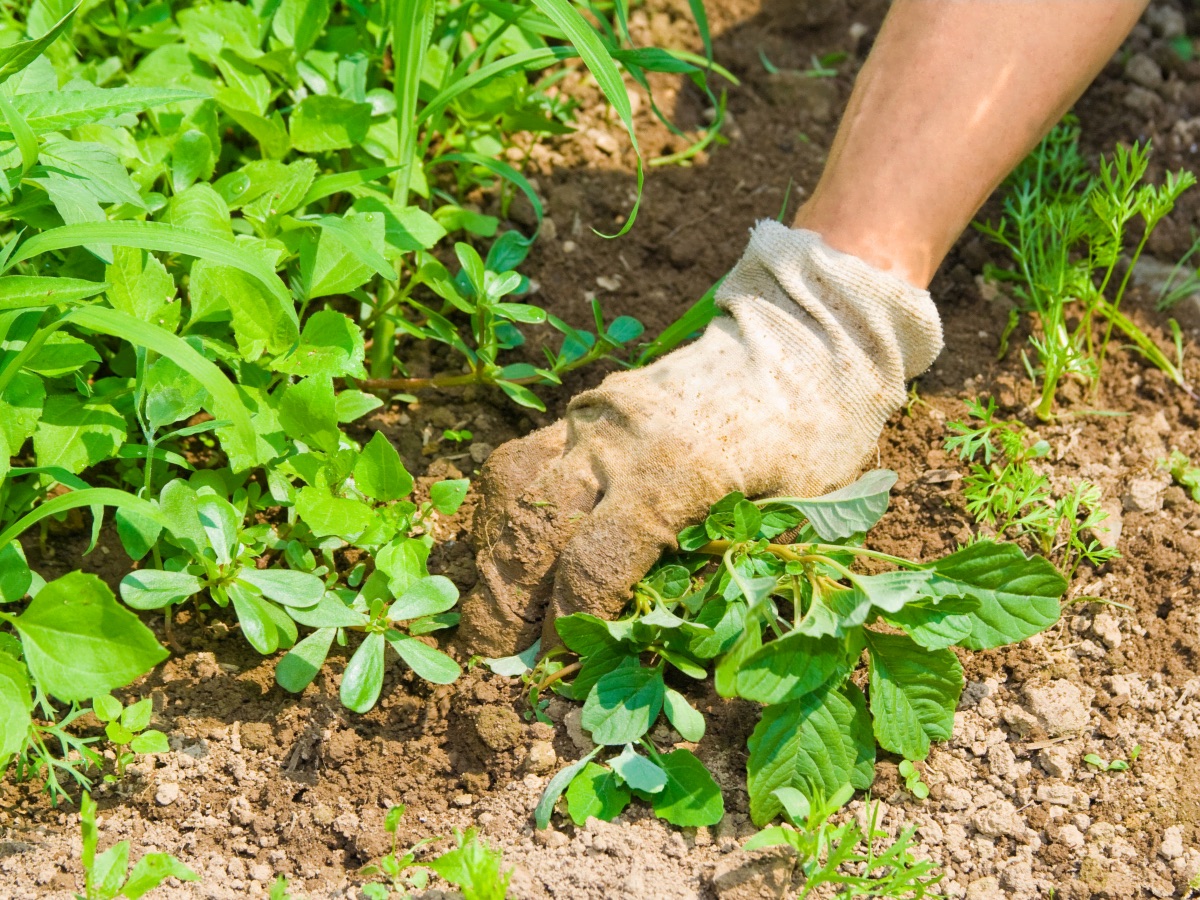
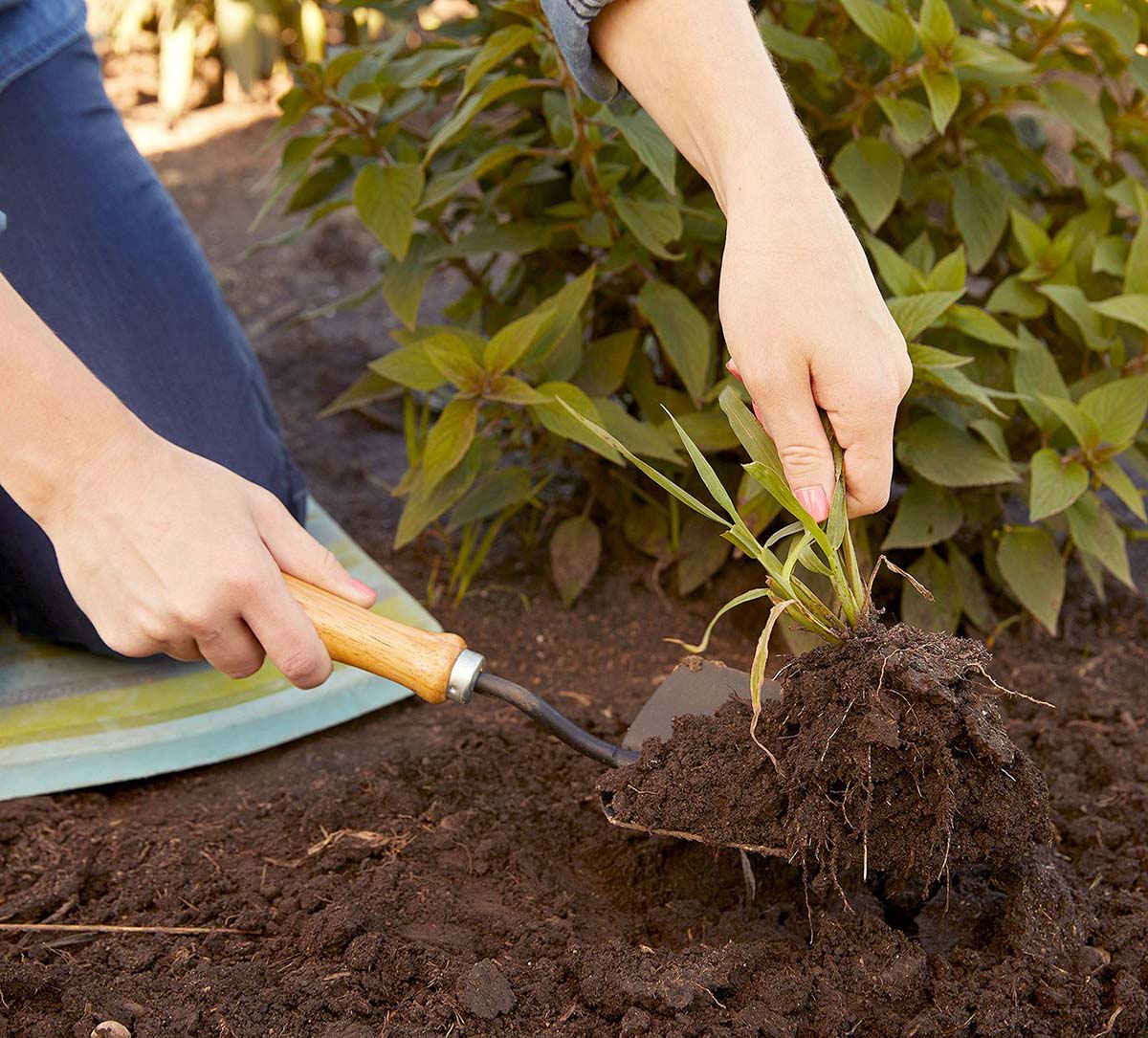

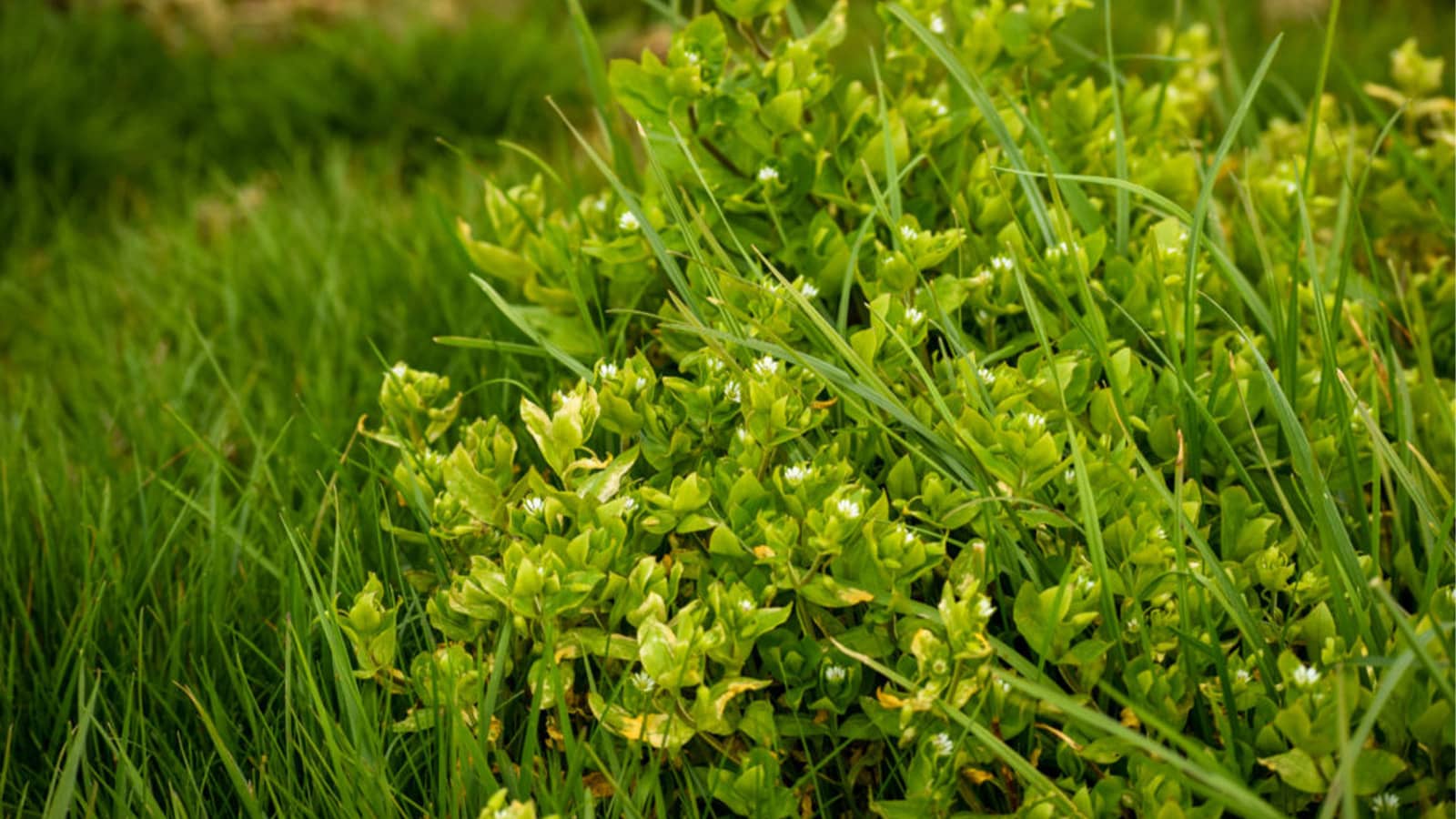
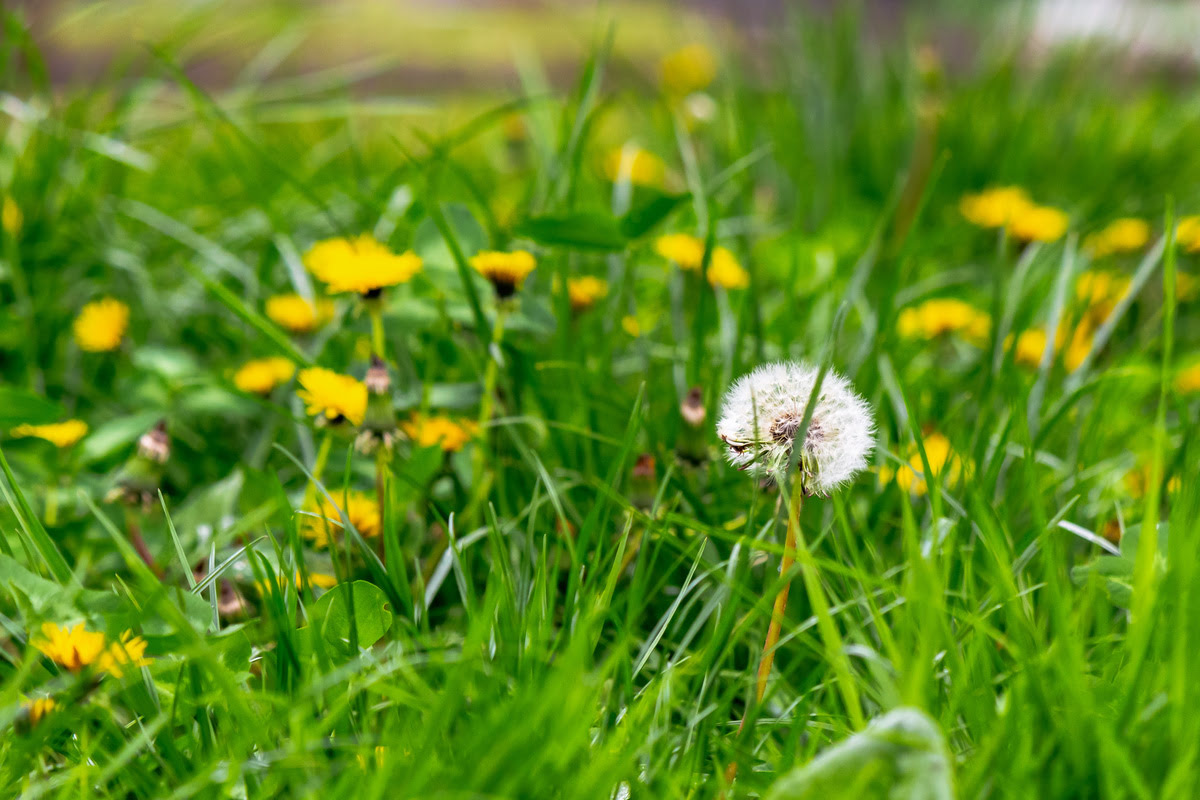
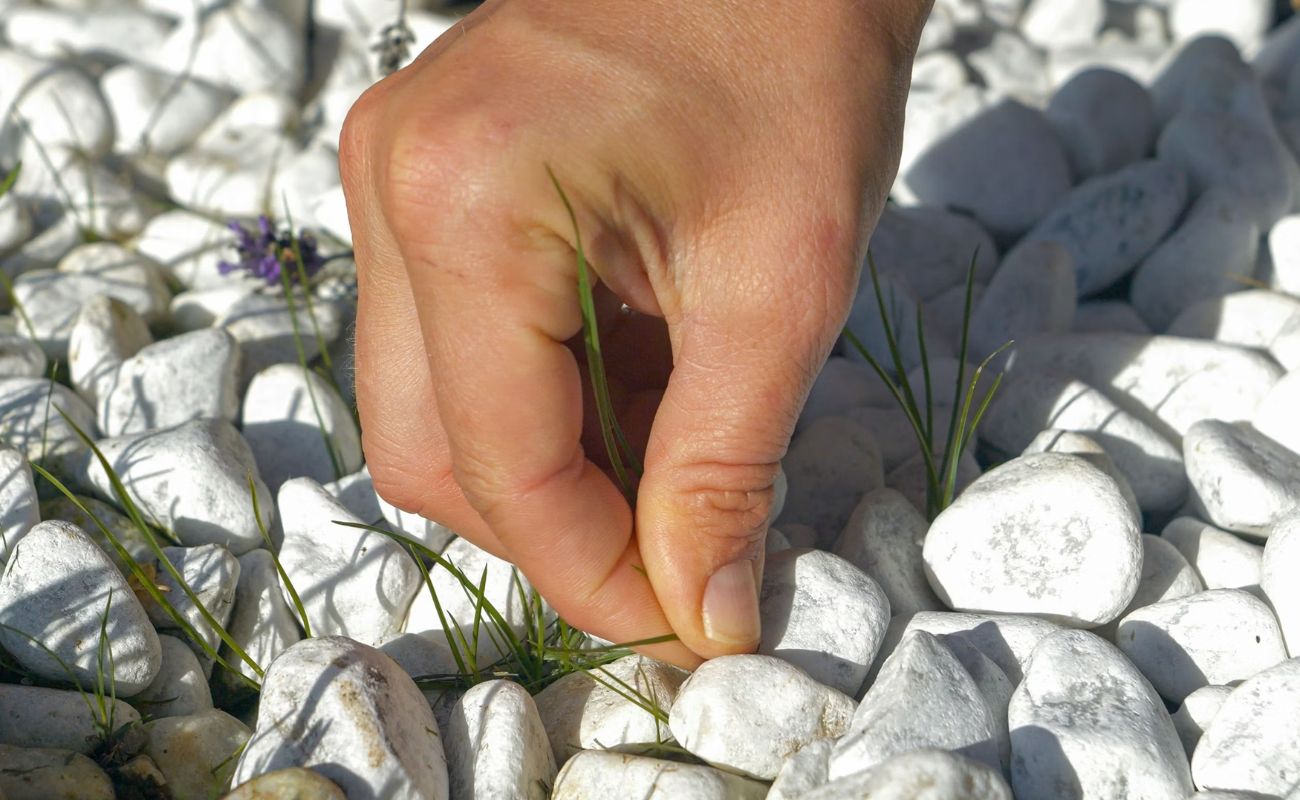
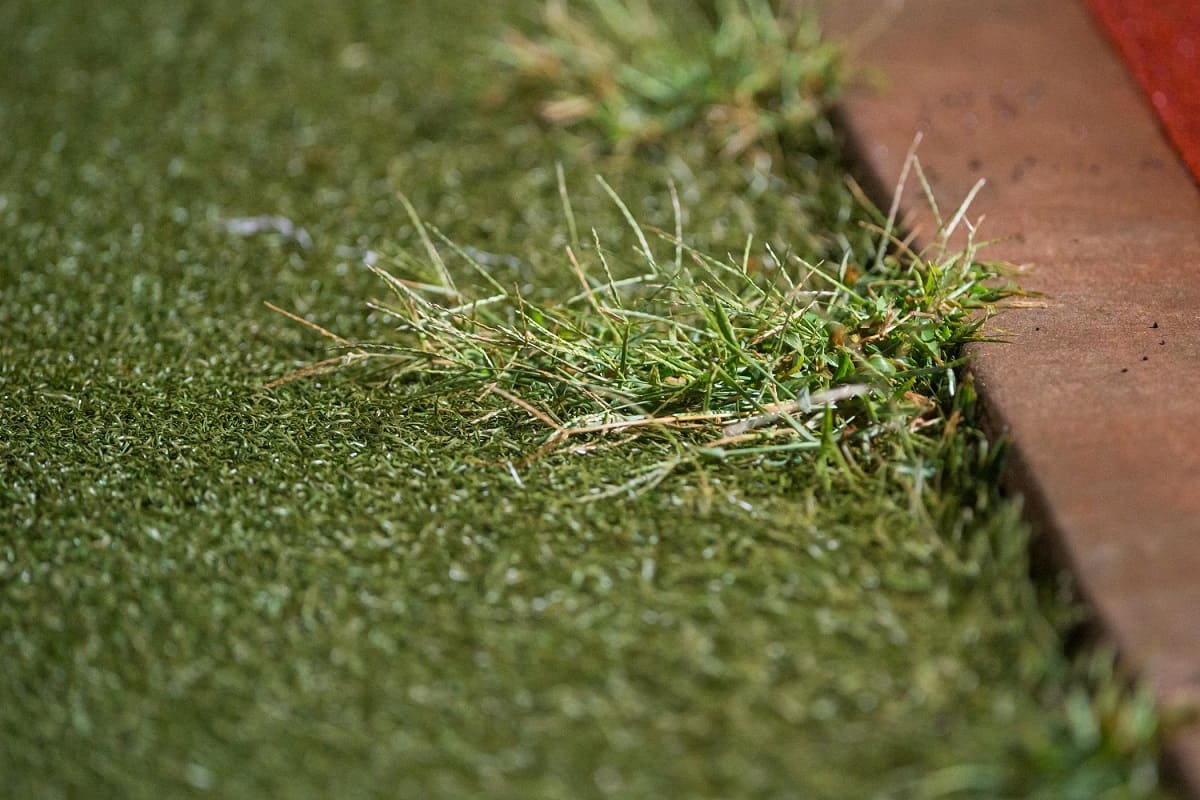

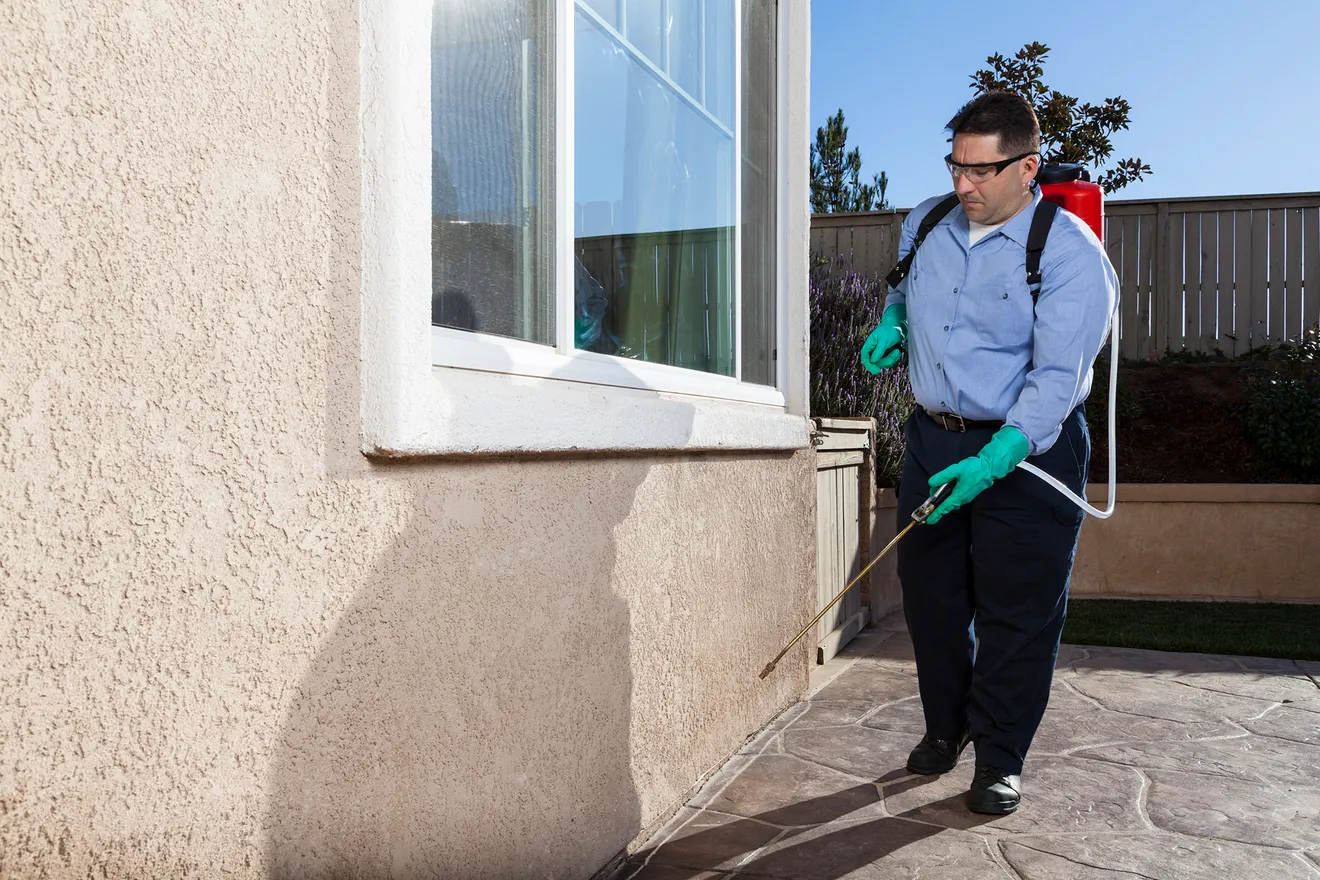

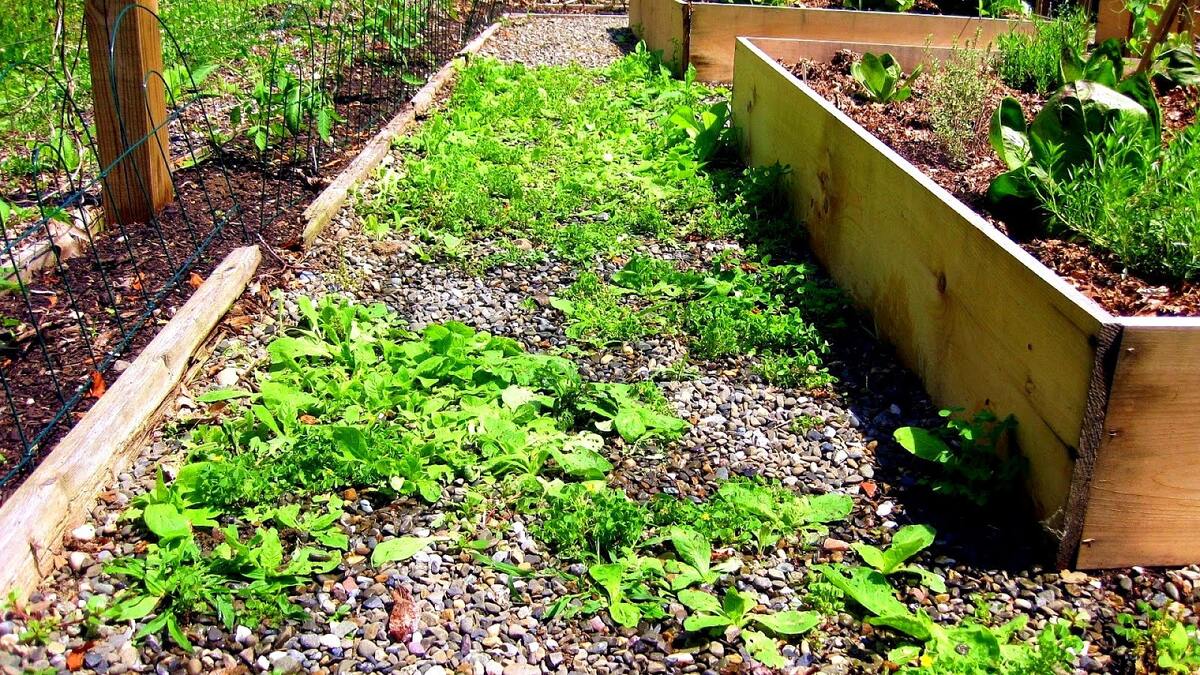


0 thoughts on “How To Keep Weeds Out Of Bermuda Grass”